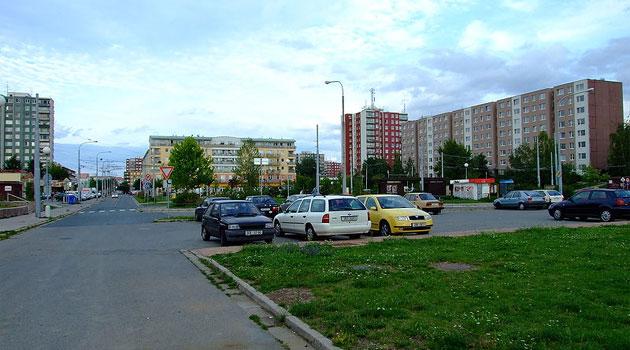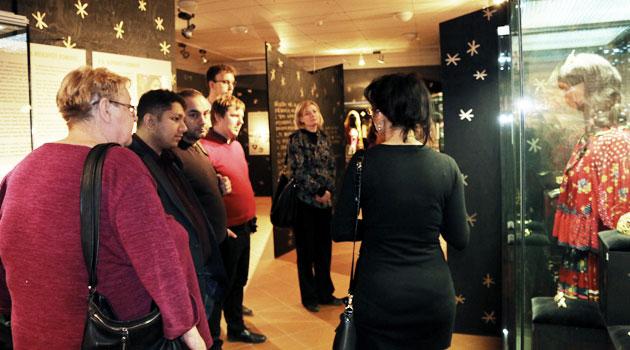Czech Republic: Romani social workers share their experiences ahead of Rapid Re-Housing project in Brno

The City of Brno will be renting apartments to 50 families now living in residential hotels and shelters in the city as part of its Rapid Re-Housing project. The amount of the rent charged will depend on the amount of housing benefit the tenants receive.
The project is being implemented by the nonprofit organization IQ Roma Servis in collaboration with the City of Brno and Ostrava University. Two Romani social workers, Marie Ferencová and Marie Giňová, are working in the project, according to news server Aktuálně.cz.
“There are terrible difficulties with hygiene [in the residential hotels], just one toilet per floor, for example. One can’t bathe or cook when one needs to,” Ferencová told news server Aktuálně.cz.
“A big negative is the environment for children [in the residential hotels],” she adds. “There is neither calm there nor any room for them to get ready for school or do homework.”
It is customary that the state pays rents of as much as CZK 17 000 [EUR 630] for tenants in residential hotels whose living conditions are overcroweded and whose hot water supply is turned off during the day, Aktuálně.cz reports. The news server also cites the many experiences of the social workers with discrimination against Romani people when it comes to leasing apartments on the open market.
“In our organization we performed several test cases of discrimination when seeking housing and we unequivocally demonstrated that many landlords do not want to accommodate Romani tenants,” Giňová said. “Real estate agents have even openly referred to the fact that a specific landlord does not want a Romani tenant. After the 20th rejection because of their Romani ethnicity, many people succumb to despair. We have had cases in which we called 70 commercially offered sublets and nobody wanted to consider a Romani tenant. That is frustrating.”
Insufficient accommodations, according to IQ Roma Servis, negatively impact children’s study results and the state of health of all members of the families living in such housing. If Romani children are taken into institutional care, their return to their family of origin is conditioned by the family improving its accommodation situation, which means many families must live separated from their loved ones.
The accommodation terms offered by city shelters are also inappropriate, as most do not provide housing to entire families. The shelters in Brno in particular have long been overcrowded.
